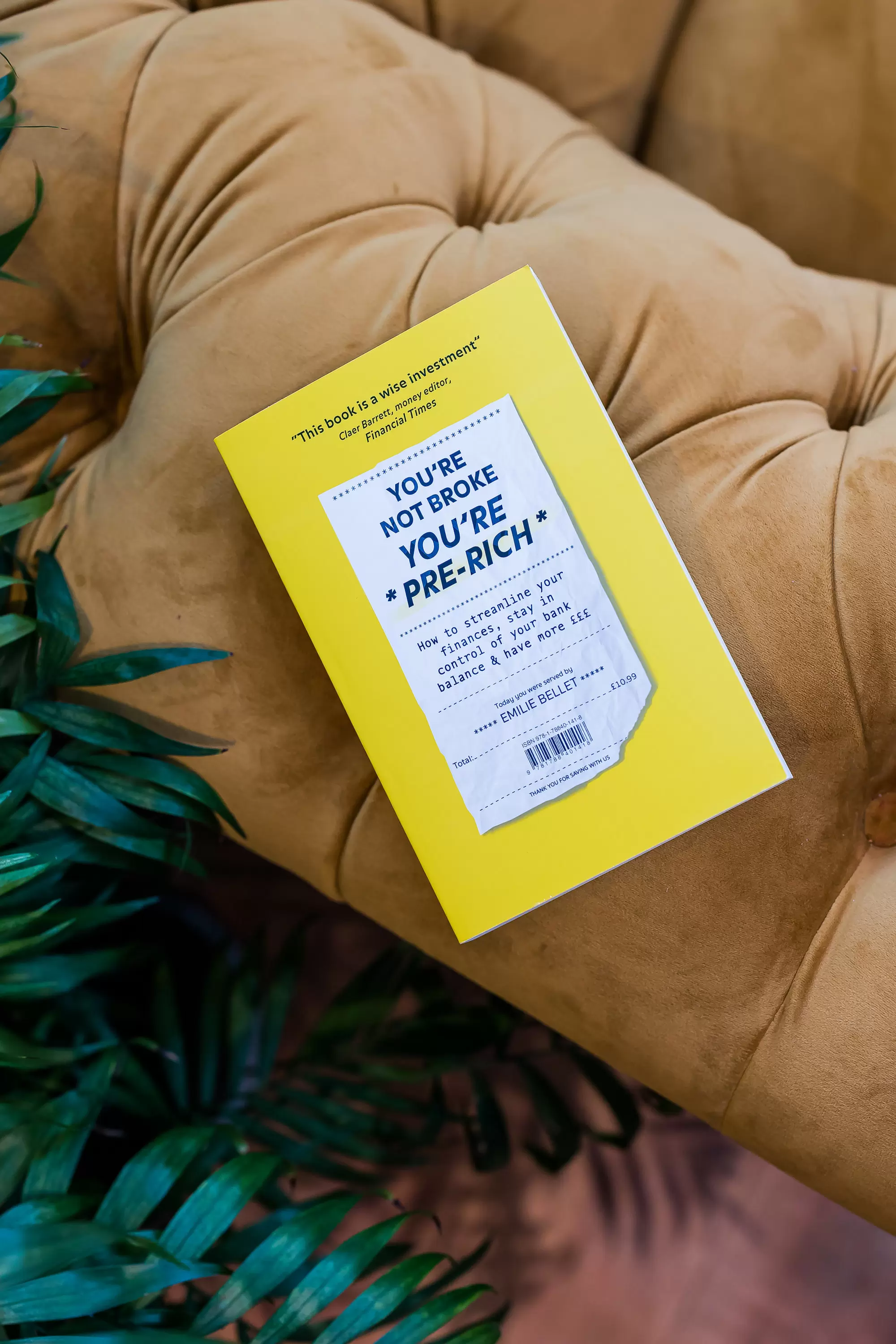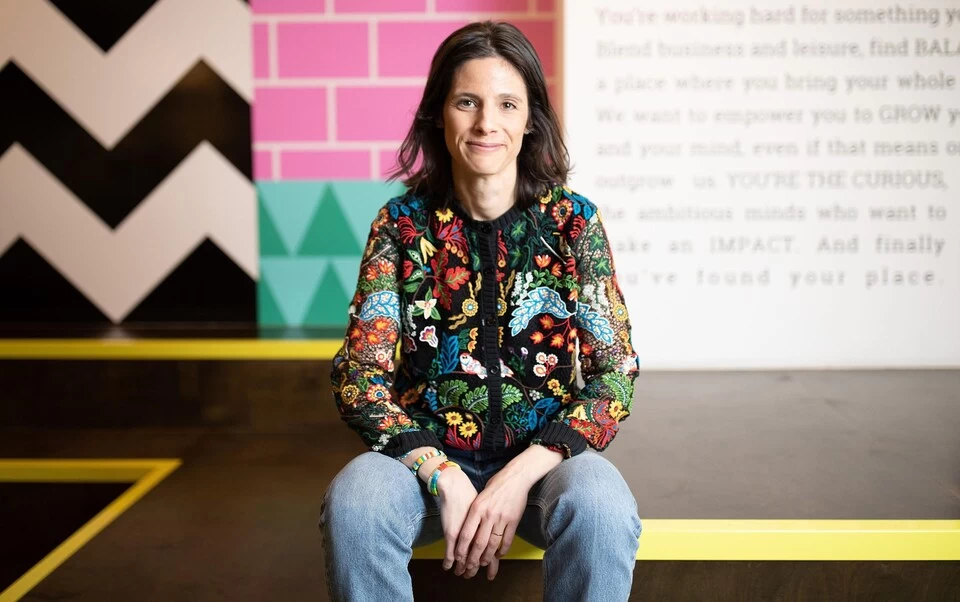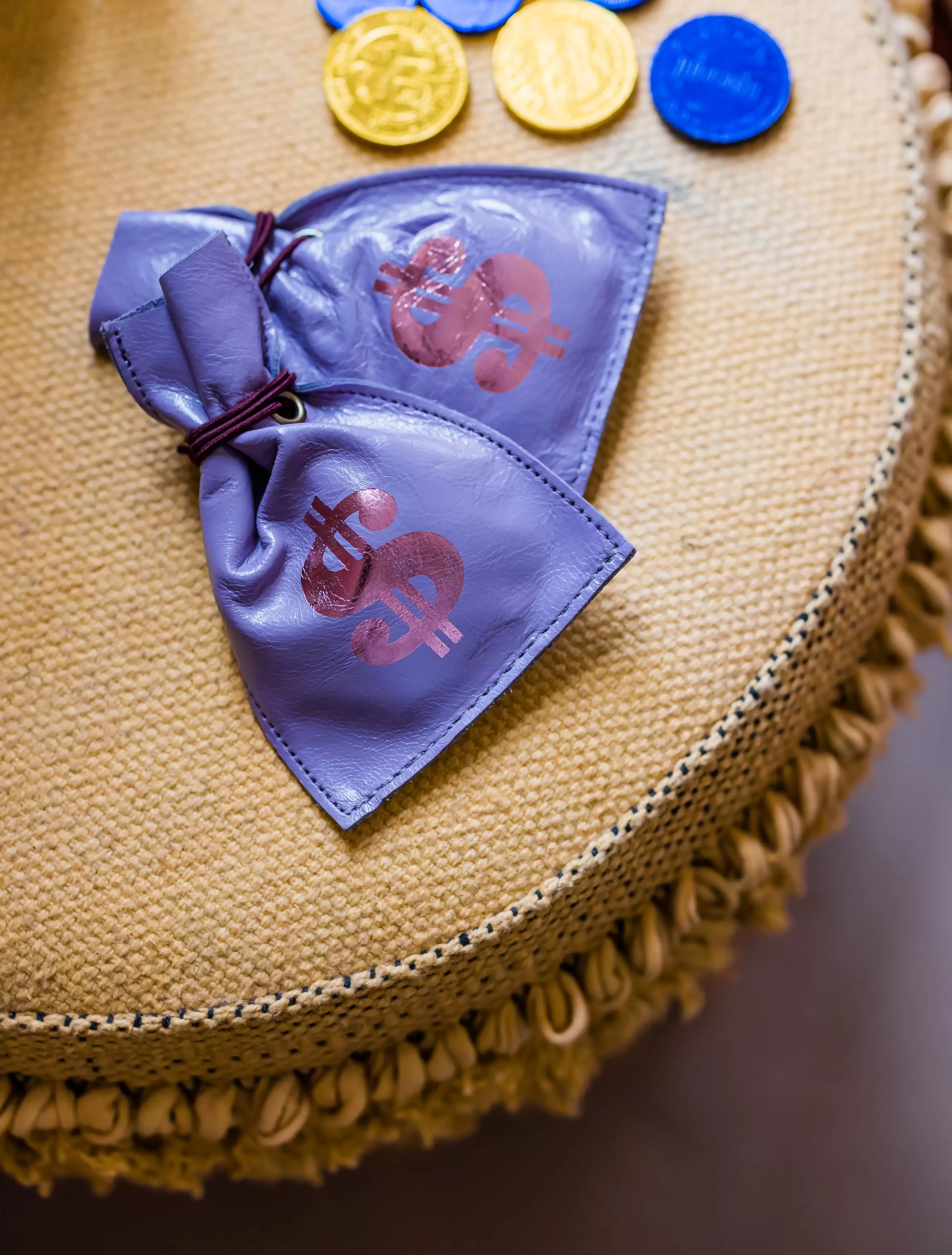
Women and money: the power of knowing your finances
UPDATED 2ND SEPTEMBER 2023
Understanding your finances is key to achieving financial security as a woman. It can help you grow personally and benefit your business. Yet imposter syndrome and fear of finance hold many female founders back (needlessly). Read Vestpod's top tips...

What is financial impostor syndrome?
Financial impostor syndrome, is the belief that you're just 'bad with money' and will never be able to improve. But everyone has the ability to improve their relationship with money — and yours starts today.
Remember what Vestpod’s Emilie Bellet says, "You're not broke, you're pre-rich."
We spoke to Emilie Bellet, author of 'You’re Not Broke, You’re Pre-Rich' and founder of VestPod (a thriving community that aims to empower women financially), to find out how we can get control of our finances and take back the power of financial independence (and if you’re interested, read why finance is a feminist act).
Why financial literacy is important for women
When you’re running a business or starting one, understanding your finances and being smart with money will help you achieve your goals. It’s not about being super rich, but money does hold a certain power and getting your head around it will allow you and your business bigger and better opportunities.
So where do we start to begin to understand our finances and reclaim that control?
How financial literacy empowers women: it’s easy when you know how
Many people have a fear of numbers that likely stems from not understanding Pythagoras theorem (or something similarly pointless) when learning maths at school. But knowing the basic numbers when it comes to your finances is the crucial place to start.
Emilie explains, “You just need to write down revenue, income, expenses. Then it’s just a few basic sums, it’s not complicated formulas. And it’s just for you. No one needs to see it, so use a format you’re comfortable with. This is where you start to demystify. It’s so gratifying to do it for yourself and see that you have the power to know what’s going to happen to your money.” Once you’ve started on the basics, you can look at more ideas for your business, such as how to grow your business with steady sales and make your income last year round.
Budget planner: how to manage your money and save
Once you know the basics of what’s coming in and going out, you can take the next steps towards being in control of your money — setting up a budget and saving. Emilie recommends looking at your past three months of bank statements and analysing how you are truly spending your money. Then break down your expenses into three categories:
- The essentials
- Your lifestyle expenses
- Your savings
"If you’re not saving right now, that’s ok, and you can start small, but when you’re a small business and your income is unpredictable, having an emergency pot to fall back on is particularly useful."
Expert tips on budgeting and saving money from Vestpod’s founder
“For me, knowledge is power, “Emilie says. “Once you have this understanding of where you stand, you need some goals.” This is what she suggests…
- Look at your big spending decisions from the past three months — are they things that you feel happy about now? Could you have used this money for something else more useful or saved it towards bigger goals? Really try to understand your spending habits and see the bigger picture.
- Can you renegotiate your bills? Be really granular, you can save hundreds of pounds each month by doing this.
- Check your subscriptions — so many services are subscription based these days and we can easily get caught up in a free trial and then not realise we’re paying out monthly for ages.
- Use apps to help you track your spending — and stay on top of your subscriptions. Use something like Emma or or ‘You Need A Budget’.
- Try micro saving apps too — these link up to your banking and round up your transactions to the nearest pound, then collate that money in a savings or investment pot. You don’t even have to think about it. Some mobile banking apps do this, such as Monzo, or you can use a separate app like Plum.
What are future financial goals?
Emilie says, “Try to find the things that really motivate you. I know I’m saving for my future. I’m saving for my family and my kids. I’m really good at that. So I think it’s the same in business. Try to write down your goals, like things you’re really excited about. I love people who have boards with images of places they want to go, houses they want to buy. I know some people even go and visit these houses to touch the walls, to try to find out where the motivation is in these things. And get your money to work a bit harder because otherwise we’re just living pay-check to pay-check. We don’t save money.”
She continues, “I spent years working in finance on quite complicated stuff, but I wasn’t managing my own finances. Women retire on one fifth (20%!) of the pension savings of men, because we are good savers, but we don’t invest. We don’t necessarily have financial goals.”

Emilie Bellet says, “Money is associated with our self-worth. If we can separate it from this, we can see it as a tool and it becomes extremely powerful.”

How can I get better at talking about money?
Lastly, we need to open up the topic of money by talking about it. Test the waters with friends and family and you’ll soon find you’re not the only one who finds money and numbers scary. The more we talk about it and normalise it, the less scary it becomes.
The power of financial literacy: key takeaways…
It doesn’t matter where you’re starting from, you are more than capable of managing your finances. Here are three simple steps you can take today to get started.
1. Know your basic numbers:
No one else needs to see how you do it, so find the way that works for you.
2. Set a budget and include saving in this:
If you don’t budget for saving, it will always fall off the priority list.
3. Find your personal motivation:
Write down your goals and visualise them. Really invest yourself emotionally in what it is you’re working towards.
Related content
MORE ARTICLES BY EMOTION

Should couples work together? The reality of working with your partner

How to collaborate with other businesses

The slow and steady route to a self-sufficient business


